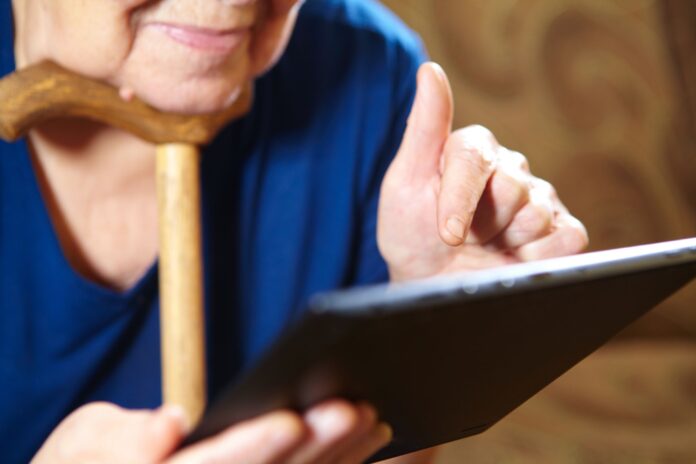Smart Solutions tech uses eye control to change the TV channel, call a nurse or adjust temperature
WASHINGTON – Smart Solutions, an Alabama-based company, has embraced the “Internet of Things” as a way to help improve quality of life for the elderly and disabled.
Company owner Kevin Braswell told RCR Wireless News: “Smart Solution’s goal is to provide tech for independent living and quality of life for clients and peace of mind for caregivers.”
To facilitate this, Smart Solutions offers a range of IoT products with which clients can potentially control their front doors, lights and blinds from a key fob.
Braswell observed that technology is being used to reduce the cost of care for an increasingly elderly population and large numbers of disabled Americans through the use of mobile technology and wireless integration. Smart Solutions products are based around its clients’ needs and physical limitations. The control units it offers can be fobs, keyboards, tablets and even motion sensor units controlled by the user’s eyes.
Braswell said the company will soon be installing its eye control units in hospitals to allow patients with limited motor function to have greater control over their hospital environment via access to light, temperature, television and nurse request functions — all with the movement of an eye.
There is an ample market for Smart Solution’s products, which start at around $5,000 plus installation, according to the Department of Health and Human Services, which projects that by 2030 there will be 72.1 million Americans 65 or older.
Longer life spans combined with the retirement of the baby boomers and their children could leave the U.S. with a large community of elderly people who would benefit greatly from ease of care, while the government could benefit in a reduction of cost for taking care of its now more- independent elderly and disabled citizens.
Eric Peebles, associate director for operations at Accessible Alabama, an organization that works with governments and companies such as Smart Solutions to increase the stock of readily available smart housing, noted that placing someone in a caregiving center often leads to a lower quality of life and costs the public $154 a day as a opposed to the $3 a day the state will spend on someone in a smart home.
“Having a smart home gives you independent living through the freedom of choice,” said Peebles.
Using mobile technology to improve quality of life was the topic of the M-Enabling Summit, held June 1-2, in Washington, D.C.

